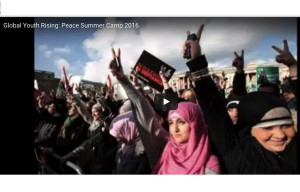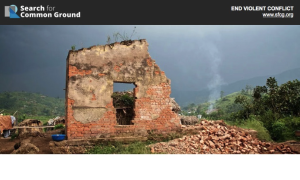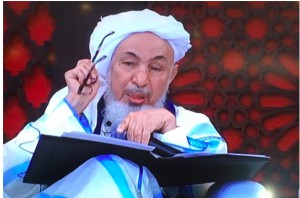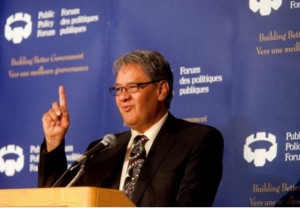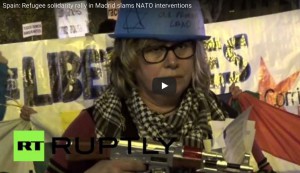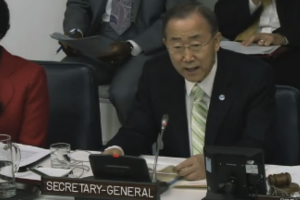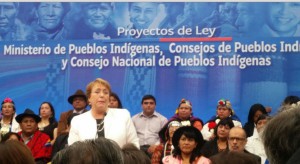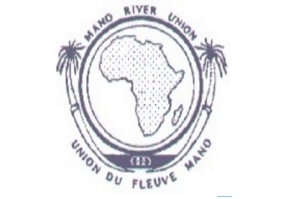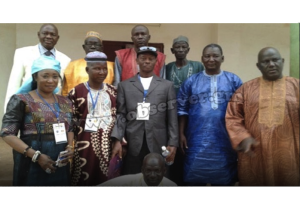TOLERANCE AND SOLIDARITY .
An article by Joshua J. McElwee for the National Catholic Reporter
The participants of a first-of-its-kind Vatican conference have bluntly rejected the Catholic church’s long-held teachings on just war theory, saying they have too often been used to justify violent conflicts and the global church must reconsider Jesus’ teachings on nonviolence.
Members of a three-day event co-hosted by the Pontifical Council for Justice and Peace and the international Catholic peace organization Pax Christi have also strongly called on Pope Francis to consider writing an encyclical letter, or some other “major teaching document,” reorienting the church’s teachings on violence.
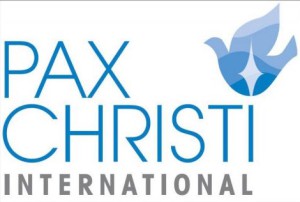
There is no ‘just war,'” the some 80 participants of the conference state in an appeal they released Thursday morning.
“Too often the ‘just war theory’ has been used to endorse rather than prevent or limit war,” they continue. “Suggesting that a ‘just war’ is possible also undermines the moral imperative to develop tools and capacities for nonviolent transformation of conflict.”
“We need a new framework that is consistent with Gospel nonviolence,” say the participants, noting that Francis and his four predecessors have all spoken out against war often. “We propose that the Catholic Church develop and consider shifting to a Just Peace approach based on Gospel nonviolence.”
NCR’s sister publication Celebration offers a FREE resource guide on Pope Francis’ The Face of Mercy. Get it here.
FaceofMercy_coverSMALL.jpg
Just war theory is a tradition that uses a series of criteria to evaluate whether use of violence can be considered morally justifiable. First referred to by fourth-century bishop St. Augustine of Hippo, it was later articulated in depth by 13th-century theologian St. Thomas Aquinas and is today outlined by four conditions in the formal Catechism of the Catholic Church.
The Rome conference, held Monday through Wednesday [April 10-13], brought experts engaged in global nonviolent struggles to reconsider the theory for the first time under the aegis of the Vatican.
It comes after a number of theologians have criticized continued use of the theory in modern times, saying that both the powerful capabilities of modern weapons and evidence of the effectiveness of nonviolent campaigns make it outdated.
At a press event launching the conference’s final appeal document — given the title “An Appeal to the Catholic Church to Re-Commit to the Centrality of Gospel Nonviolence” — several of the event’s participants said the church should simply no longer teach the just war theory.
“I came a long distance for this conference, with a very clear mind that violence is outlived,” said Archbishop John Baptist Odama of Gulu, Uganda. “It is out of date for our world of today.”
“We have to sound this with a strong voice,” said the archbishop. “Any war is a destruction. There is no justice in destruction. … It is outdated.”
The Catechism currently outlines as one criteria for moral justification of war that “the use of arms must not produce evils and disorders graver than the evil to be eliminated” and notes that “the power of modern means of destruction weighs very heavily in evaluating this condition.”
Odama, who also leads Uganda’s bishops’ conference, said the conditions in the Catechism “are only given to say in reality there should be no war.”
“This is where the group was very strong,” he said, referring to the conference. “We should not give now, at this moment, reasons for war. Let us block them and promote relationships of harmony, of brother and sisterhood, rather than going for war.”
Marie Dennis, an American who serves as a co-president of Pax Christi International, said she and the conference group “believe that it is time for the church to speak another word into the global reality.”
(article continued on the right side of the page)
Where in the world can we find good leadership today?
Readers’ comments are invited on this question and article. See below for comments box.
(article continued from the left side of the page)
“When we look at the reality of war, when we look at the teachings of Jesus, we’re asking what is the responsibility of the church,” she said. “And it is, we believe, a responsibility to promote nonviolence.”
Dennis also said she understands that people may raise concerns in rejecting the just war theory over needing to stop unjust aggressors. Her group, she said, agrees that violent aggressors have to be stopped.
“The question is how,” said Dennis. “Our belief would be that as long as we keep saying we can do it with military force, we will not invest the creative energy, the deep thinking, the financial and human resources in creating or identifying the alternatives that actually could make a difference.”
“As long as we say that dropping bombs will solve the problem we won’t find other solutions and I think that’s feeling more and more clear to us,” he said.
The April conference on just war theory had been discussed for months and was the first cohosted by the Vatican’s pontifical council and Pax Christi, an international Catholic coalition akin to Amnesty International that maintains separate national groups in many countries.
The conference was organized around four sessions allowing participants to dialogue and share experiences with one another. The only scheduled talk at the event was given by Cardinal Peter Turkson, the head of the pontifical council, who also read a letter sent to the participants by Francis.
Among other participants were bishops from Nigeria and Japan, and leaders of the Rome-based umbrella groups for men and women religious around the world. Also taking part were a senior policy fellow at the U.S. Institute of Peace, several noted theologians, and Irish Nobel Peace Prize winner Mairead Maguire.
The group’s final appeal states succinctly: “The time has come for our Church to be a living witness and to invest far greater human and financial resources in promoting a spirituality and practice of active nonviolence.”
“In all of this, Jesus is our inspiration and model,” they state. “Neither passive nor weak, Jesus’ nonviolence was the power of love in action.”
Odama said Jesus “always asked his followers not to resort to violence in solving problems, including in his last stage of life.”
“On the cross, [Jesus] said, ‘Father forgive them because they don’t know what they’re doing,'” said the archbishop. “In this statement, he united the whole of humanity under one father.”
“He does not take violent words and violent actions,” said Odama. “That is the greatest act of teaching as to how we should handle our situations. Not violence.”
Dennis said that part of the goal in organizing the conference “was to ultimately lead to an encyclical or a process that would produce major Catholic teaching on nonviolence.”
“We haven’t run into a roadblock yet,” she said. “There are no promises.”
“What we really hope will happen is a process that will engage the Vatican and the Catholic communities around the world in exactly these questions,” said Dennis. “What can we know better about the role that nonviolence can play in shifting our world to a better place?”
Ken Butigan, a lecturer at DePaul University in Chicago and executive director of the non-profit group Pace e Bene, said: “We have gotten a green light for months that this is something that Pope Francis is excited about moving forward on.”
“We are determined to support that momentum at this historical moment,” he said. “We know Pope Francis has a vision and we’re here to support that vision.”
(Thank you to Janet Hudgins, the CPNN reporter for this article.)
